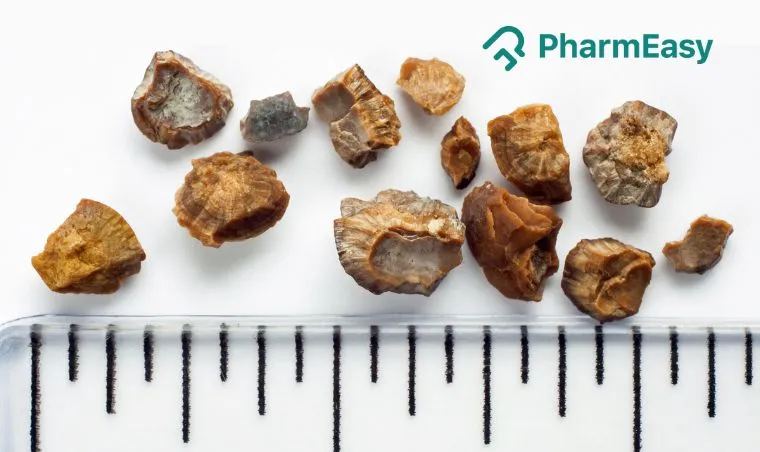Zoquine 250mg Tablets
Price to be Updated
Description
tablet is a medicine used to treat acute malaria. It contains mefloquine as an active ingredient. It works by attacking the malaria parasite in the blood, stopping it from growing and spreading.
Do not take tablet if you are allergic to mefloquine or if you have a history of mental health issues like depression, anxiety, psychosis, or seizures. Common side effects include nausea, vomiting, stomach pain, dizziness, and diarrhoea. If you experience unusual mood changes or balance issues, please notify your doctor immediately.
Take tablet with or without food and swallow the tablet whole with water. Try to take it at the same time each day. Store it in a cool, dry place away from sunlight and out of children’s reach. If you miss a dose, take it as soon as you remember, unless it’s almost time for the next one. Do not double up on doses.
tablet can interact with many medications, especially those used to treat seizures, irregular heartbeats, or fungal infections. Avoid taking it with halofantrine, ketoconazole, or quinine. It may reduce the effect of certain vaccines and seizure medications. Speak to your doctor if you’re pregnant, breastfeeding, or have liver or mental health problems before starting this medicine. Avoid driving if you feel dizzy or off balance.
Product Summary
| Offer Price | |
| You Save | |
| Contains | |
| Uses | Maleria |
| Side effects | Diarrhoea, nausea, vomiting, abdominal pain |
| Therapy | ANTI-MALARIAL |
Uses
Contraindications
- If you are allergic to mefloquine or any other ingredients of the tablet.
- If you have active depression or a recent history of depression, generalised anxiety disorder, psychosis, schizophrenia or other major psychiatric disorders, or a history of convulsions.
Side effects
- Diarrhoea
- Nausea
- Vomiting
- Abdominal pain
- Dizziness or vertigo
Precautions and Warnings
Pregnancy
Alcohol
Driving
Breast Feeding
Other General Warnings
- You have a history of mental health disorders such as depression, anxiety, schizophrenia, or psychosis.
- You have a history of seizures or epilepsy.
- You have liver disease.
- You are pregnant or breastfeeding.
- You have a history of gastrointestinal issues, such as colitis, you should inform your doctor before taking tablet, as it may increase the risk of Clostridium difficile-associated diarrhoea.
- You are planning to receive certain vaccinations, such as oral live typhoid vaccines, you should complete them at least 3 days before starting tablet, as the vaccine's effectiveness may be reduced.
- You are taking medications like halofantrine, ketoconazole, quinine, quinidine, or chloroquine. Inform your doctor, as combining them with mefloquine can lead to serious heart rhythm problems or seizures....
- You are using anticonvulsants like valproic acid, carbamazepine, phenobarbital, or phenytoin; mefloquine may reduce their effectiveness. Your doctor may need to adjust the dosage of these medications.
- You are taking medications that affect heart rhythm, such as antiarrhythmics, beta-blockers, calcium channel blockers, antihistamines, tricyclic antidepressants, or phenothiazines. Consult your doctor before using mefloquine, as it can increase the risk of heart rhythm problems....
Directions for Use
- The tablets can be taken with food and swallowed whole with a glass of water.
- Take it at the same time for better results.
Storage and disposal
- Store in a cool, dry place, away from direct sunlight.
- Keep it out of reach of children and pets.
Dosage
Overdose
Missed a Dose
Mode of Action
How Does It Work?
Interactions
Interactions with other medicines
- Halofantrine should not be taken with tablet or within 15 weeks due to the risk of serious heart rhythm problems.
- Combining tablet with ketoconazole can increase mefloquine levels, raising the risk of heart issues.
- Using tablet with quinine, quinidine, or chloroquine can increase the risk of seizures and heart problems.
- tablet may reduce the effectiveness of anticonvulsants like valproic acid, carbamazepine, phenobarbital, or phenytoin.
- Taking tablet with live oral typhoid vaccines may reduce their effectiveness.
- Rifampin can lower mefloquine levels, making it less effective.
- CYP3A4 inhibitors like fluconazole can increase mefloquine levels, raising the risk of side effects.
Content Details
Ravindra Ghongade
B. Pharm
Dr. Nikita Toshi
BDS (Bachelor of Dental Surgery), WHO FIDES member
Frequently Asked Questions (FAQs)
Q: What should be avoided when taking malaria medication?
Q: Can I drink milk while taking malaria medication?
References
- U.S. Food and Drug Administration. Mefloquine hydrochloride tablets [package insert]. Silver Spring (MD): FDA; 2010 [cited 2025 Jun 11].
- Central Drugs Standard Control Organisation. Drugs. [Internet]. New Delhi: Directorate General of Health Services, Ministry of Health & Family Welfare, Government of India; [cited 2025 Jun 11].
Did you find this medicine information helpful?
Please rate your experience
Blog Articles
Chronic Condition Articles
Top-Tests we cover:
Top-Selling Healthcare Products:
Top-Selling Medicines:
Top-Searched Medicines:
Top Searched Vaccines:



















